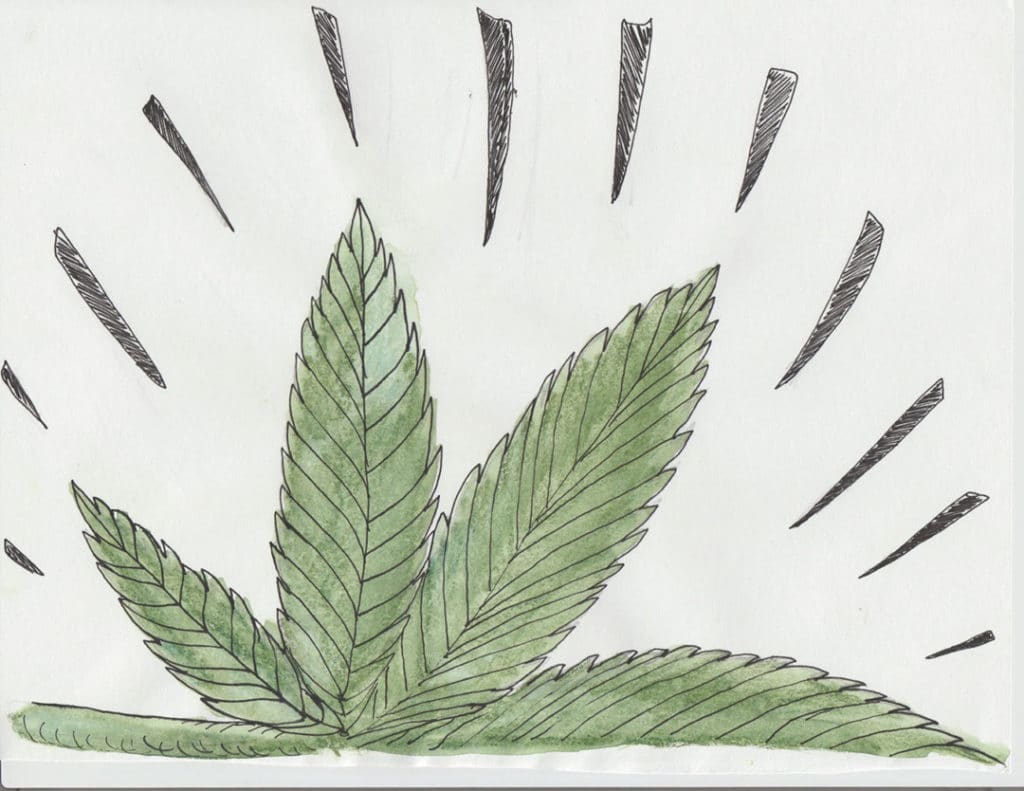Good morning. David Meyer here, filling in for Alan from Cape Town.
The U.S.-China trade war truce led to the expected stock market rally yesterday, but the party may already be over. With the markets apparently less than thrilled at the continuing ambiguity surrounding the deal’s terms—President Donald Trump’s assertion about China dropping auto tariffs still hasn’t been confirmed by anyone—Japan’s Nikkei 225 index fell 2.4% today, Chinese indices went flat, Europe’s Stoxx 600 fell by 0.35%, and U.S. futures suggest a similar drop this morning.
Meanwhile, Robert Lighthizer, the U.S. Trade Representative and a hardliner on China, has been appointed to lead the U.S. team in its trade negotiations with China. Trump’s decision to go with Lighthizer points to the maintenance of a tough approach in the negotiations, which will take place over the next few months—if they fail, the trade war between the countries will be ratcheted up with more tariffs.
There’s some evidence to suggest that the tough approach is working. Today the Chinese government made an announcement that could unstick one of the stickiest elements of the dispute: the theft of Western intellectual property by Chinese companies.
According to new rules issued by Beijing, IP thieves will be subject to a range of punishments under the country’s somewhat dystopian “social credit” system, which sets limits on what people are allowed to do, based on their behavior and habits. Violators will be publicly shamed; they may find it harder to get credit; they will be banned from government procurement and the registration of companies; and they will also be cut off from foreign trade.
This is a glimmer of hope regarding what comes after the 90-day negotiation period (a timescale that, incidentally, has only been mentioned by the U.S.; not by China.) As I noted yesterday, China has consistently denied accusations of IP theft, which makes it difficult to settle U.S. concerns over the subject. The new penalties could provide a way for both sides to save face.
The question now is whether the White House will accept the gesture, or whether Lighthizer and his team will try to push harder on this issue.
Credit: fortune.com













